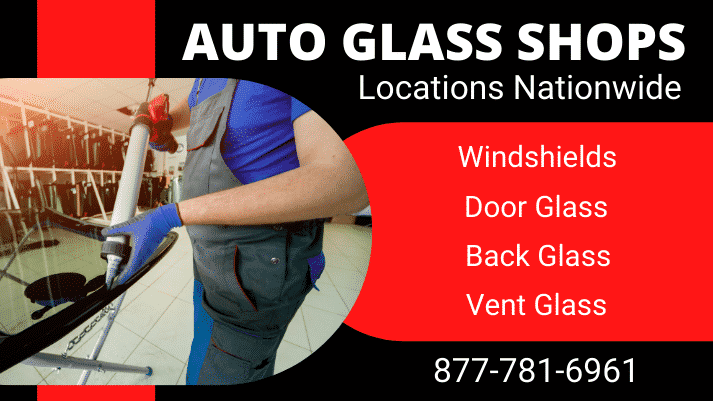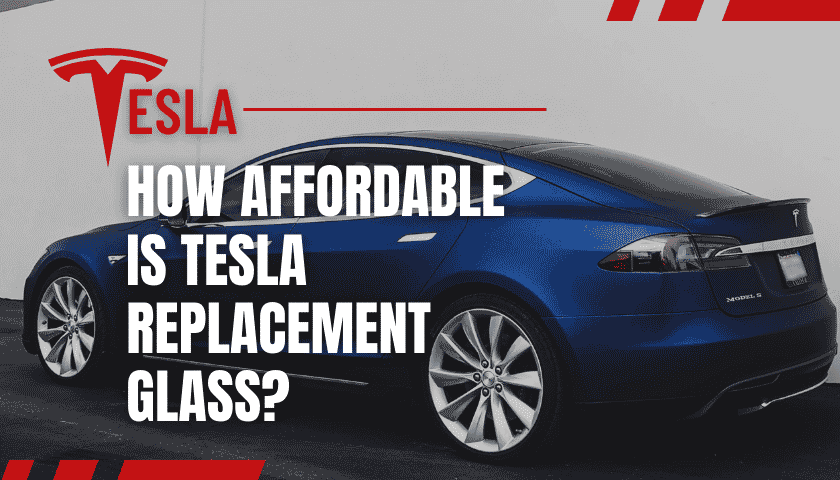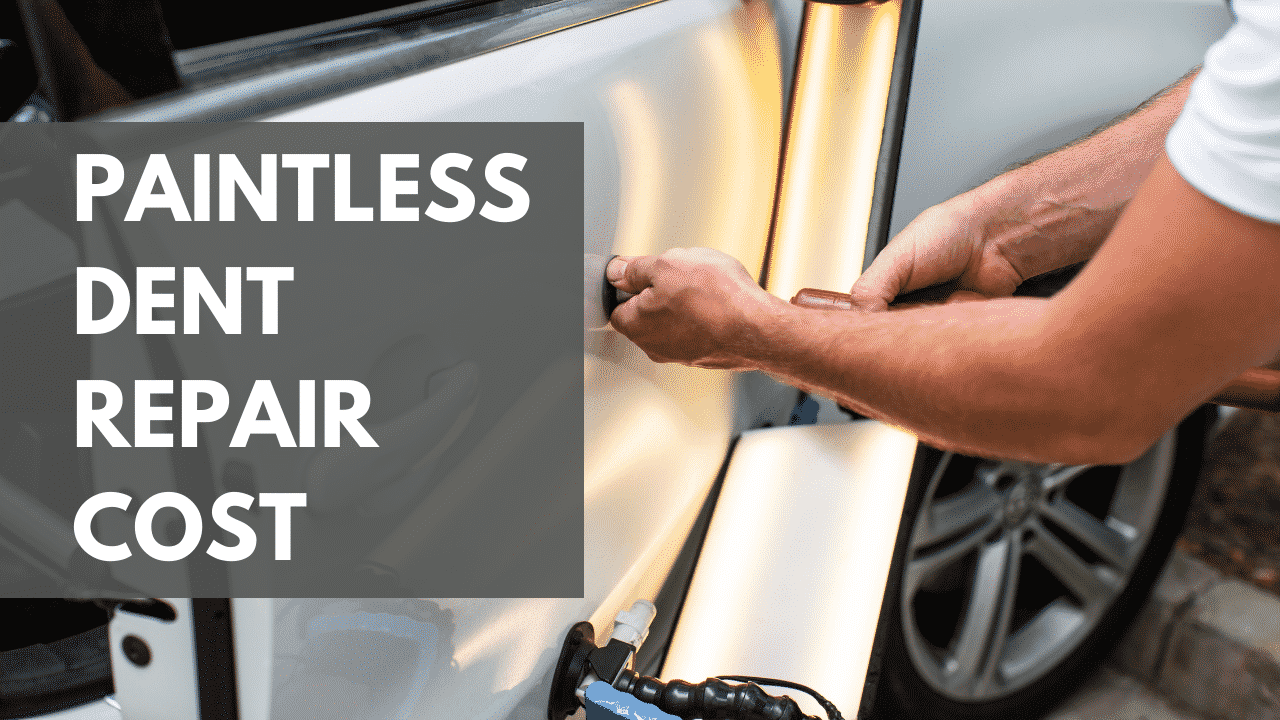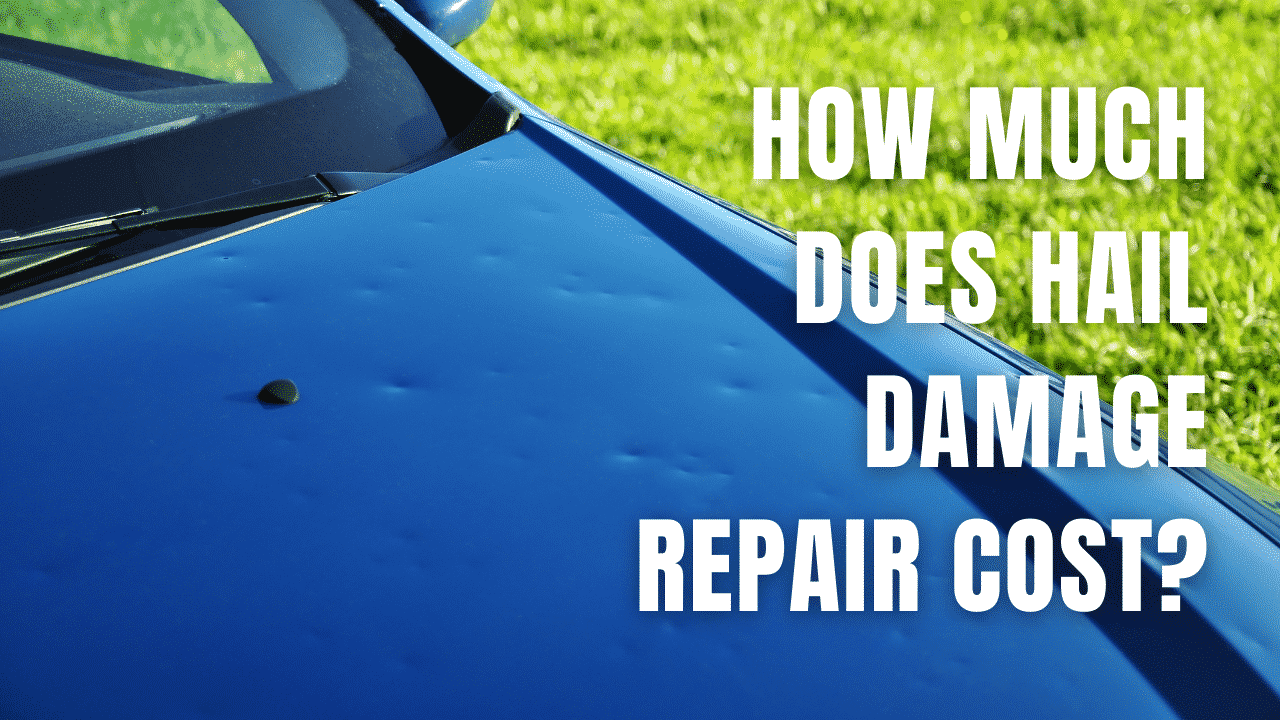
15 Auto Glass Replacement Myths Busted!
Auto glass replacement services have several associated myths, which often mislead people and cause them to make the wrong decision when replacing their auto glass. Unfortunately, many of these myths are based on outdated information or lack of facts. This article will clarify some of these myths or misconceptions when having your auto glass repaired or replaced. So let’s get started!
Through our research and speaking with consumers, we’ve found the following common misconceptions and busted them all!
MYTH #1: Advanced Driver Assistance Systems Don’t Need Recalibrating After a Windshield Replacement

During the installation process, it’s easy for the technician to accidentally bump the various ADAS camera sensors when removing the damaged glass. If this happens, the sensor may become misaligned, causing the system to malfunction. Even if there’s no code showing the sensor is out of alignment, it’s a good idea to have it checked to ensure it’s functioning correctly. For example, an alignment that’s off by a millimeter can cause issues with the functionality of the ADAS.
MYTH #2: You Can’t Recalibrate ADAS Sensors Without Taking Your Car to a Service Center

Not all professional auto glass technicians provide calibration services remotely, but several can perform ADAS calibration in the field as part of their services. However, the process of calibrating these sensors is very critical, and dealing with electronics can be tricky, so it’s crucial to ensure you’re working with someone adequately trained and experienced in calibrating ADAS systems. If a sensor is out of alignment by a millimeter, it can result in problems and additional expenses down the road.
MYTH #3: Auto Glass Replacements and Windshield Repairs Are Free With a Comprehensive Insurance Policy

We’ve all heard the saying FREE windshield repair or replacement with comprehensive insurance. But, unfortunately, the truth is, if you’re utilizing your insurance to pay for the auto glass replacement or repair, it’s not free.
In multiple states, the deductible is waived for auto glass services making it no cost to you, ultimately having the appearance of being free. However, your insurance company still pays the auto glass company for the job, so it’s not free.
MYTH #4: All Windshield Manufacturers Produce The Same Quality Of Glass

The National Highway Traffic Safety Administration (NHTSA) regulations require all auto glass manufacturers to adhere to specific standards, which include items such as minimum thicknesses and maximum tolerances for cracks and chips. However, auto glass manufacturers outside the U.S. aren’t typically required to follow the same standards. Check out our article on auto glass manufacturers to learn more.
Suppose you’re concerned about the quality of the glass getting installed on your vehicle. In that case, the NHTSA has an online database where consumers can check whether a particular manufacturer adheres to the guidelines set by the NHTSA.
MYTH #5: Having A Crack In Your Windshield Isn’t Dangerous

The windshield has many functions designed to protect you while driving, and having cracks in the windshield can weaken its structural strength and overall integrity.
The windshield’s structural integrity is essential for protection in a rollover accident since it acts like a giant support beam in rollover events, helping to prevent the roof from collapsing and ultimately helping protect the driver from injury.
MYTH #6: Dealership-Provided Auto Glass Services Are Better Than Mobile Auto Glass Services

Several dealerships throughout the U.S. provide in-house auto glass services, but most hire an outside company to perform the work needed. In addition, most dealerships focus on mechanical repairs, so there’s little need to keep auto glass products in stock or technicians on staff.
Consider that dealerships will generally hire outside shops to replace the glass and markup the price a little to make a profit. For this reason, hiring a mobile shop on your own can ultimately save you money on the windshield replacement cost.
MYTH #7: Windshield Chip Repair Doesn’t Completely Fix The Glass

Windshield repair, when performed correctly, fixes the window’s broken area and, in most cases, even restores the structural integrity. However, it’s impossible to fix the legs of a crack once they reach the outer edge of the glass, so the repair will typically reopen and spread further in the future. Check out our article on windshield repair to see before and after examples.
MYTH #8: Repairing A Crack In The Windshield Will Distort Your View

Depending on the damage, the glass repair process can cause some distortion. For example, if a large amount of the surface is missing, the finished appearance might have distortion when looking through it. However, in most cases, the finished appearance of a repaired crack or chip is 80 and 90 percent less visible when fixed correctly.
MYTH #9: You Can’t Repair Chips On The Driver-Side Of The Windshield

Glass shops can repair chips and cracks in any location on the windshield. However, most state laws will impose a fine on shops if they repair any damage above the steering wheel since it can distort the view of the road ahead. Therefore, as a safe rule of thumb, avoid repairing glass damage directly in front of the driver.
MYTH #10: Only Professionally Trained Auto Glass Technicians Can Repair Windshield Chips

Professionals should handle larger cracks, but more minor chips are simple to repair with a DIY kit you can buy from the local auto parts store or Amazon. However, professionals have extensive experience fixing a damaged windshield, and the cost to hire one is well worth it to avoid possibly damaging the glass further.
MYTH #11: Your Insurance Company Will Raise Your Rates For Filing An Auto Glass Replacement or Repair Claim

An insurance company doesn’t typically base rate increases on claims for auto glass alone. Instead, insurance companies review policies each year and determine premium adjustments on the total number and type of claims over the past 12 months. So filing multiple claims for wrecks and other problems in addition to filing an auto glass claim can result in higher monthly premiums.
We recommend checking with your agent before filing a replacement glass claim to avoid a potential increase when your policy renews. In most cases, the cost of paying cash for a window is less than the rate increase when divided over a year.
MYTH #12: Auto Glass Technicians Are Required To Be Certified And Attend Annual Recertification Classes

A few organizations offer certifications and continuous training for technicians, such as the NGA, IGA, ASE, and AGRSS, but no law requires certifications. Employers can hire and train technicians on the job through hands-on training and apprenticeships. Be sure to ask if the installer replacing the broken glass on your vehicle is certified to ensure the best level of service possible.
MYTH #13: You Can Drive Immediately After The Windshield Is Replaced

The fastest drive-away time should be at least the recommended drying time for the urethane used to attach the windshield to your car’s frame. There are several factors to consider outside the drying time on the instructions of the urethane, which is why we recommend asking the installer how long to wait before it’s safe to drive. Check out our article discussing safe drive-away times in more detail to learn more.
MYTH #14: You Can’t Wash Your Car For 48 Hours After A Windshield Replacement

You can wash your car by hand with slow-running water after having the window replaced. However, it’s recommended to avoid car washes with high-pressure sprayers. The water from high-pressure sprayers can pierce the urethane between the car’s windshield and metal surface, creating air pockets that can lead to wind noise and water leaks. If you don’t enjoy handwashing your vehicle, it’s best to wait 48 hours to ensure the urethane is completely cured.
MYTH #15: You’ll Need A Vehicle Inspection To Get a Replacement Sticker For Your Windshield

In most cases, the technician can transfer the sticker from the old windshield to the new one. However, you can typically get a new sticker from the department of transportation by showing them a copy of the receipt for your last one.
FAQ
- Will my auto insurance pay for calibrating the sensors after a windshield replacement? The type of insurance coverage you have on the vehicle will determine whether calibration is covered. For example, you’ll likely pay out-of-pocket for the recalibration if you have liability insurance. We recommend contacting your provider to determine if you have proper coverage.
- How do I know if the ADAS needs to be aligned? You may notice premature breaking or incorrect steering behavior for lane detection systems, which could be due to improper alignment of the cameras. We recommend contacting a professional to inspect the system if you notice such inconsistencies.
- How much does it cost to calibrate the ADAS after a windshield replacement? Depending on the type and number of sensors to calibrate, the costs can range from $199 to $599.
- How long does the ADAS calibration process take? There are a couple of methods used to calibrate sensors; static and dynamic. Each of these processes can take between 30 and 45 minutes to complete.
- What’s the difference between the dynamic and static calibration of ADAS sensors? Dynamic calibration involves using the vehicle as usual during the calibration process. Static calibration requires the car to remain stationary during the calibration process.
- Can I get a moving violation for driving with a broken windshield? Depending on the local law of the state you live in, you could receive a ticket for driving with a crack in the windshield. For example, a “fix-it” law in Texas enables officers to write tickets to vehicle owners with damage on the driver’s side of the windshield if it affects their line of sight. We recommend checking the laws of your state to avoid getting a ticket.
- Should I hear wind noise after a new windshield installation? The sound from your windshield should be the same as it was with the original windshield. Check out our article on wind noise after a replacement for things you should check before and after the work is done.
Key Takeaways
- Advanced Driver Assistance Systems need recalibrating after a windshield replacement.
- ADAS calibration services can range in price from $199 to $599.
- Windshields are essential for protection in rollover accidents.
- The fastest drive-away time should meet or exceed the recommended drying time for the urethane holding your new windshield in place.






